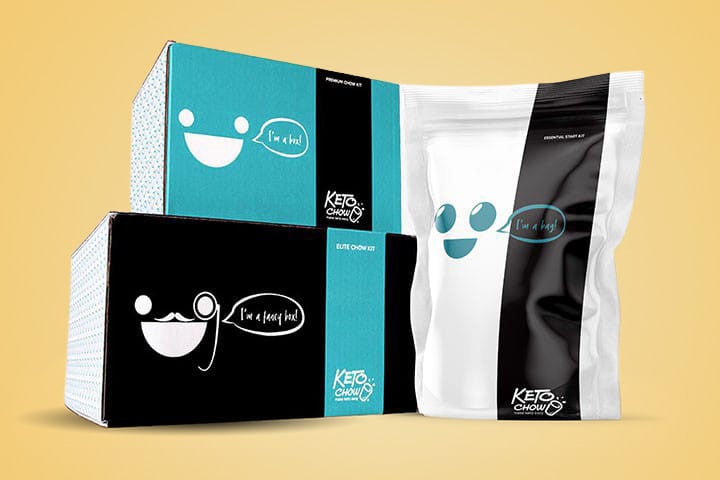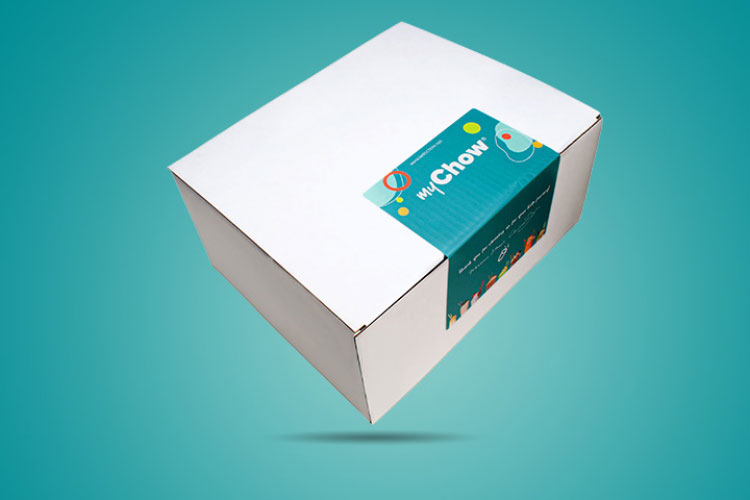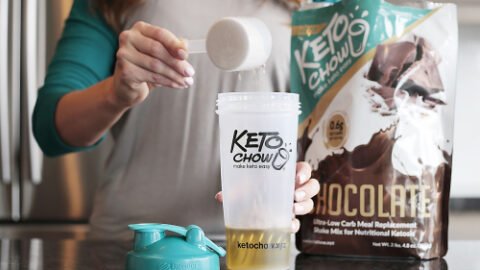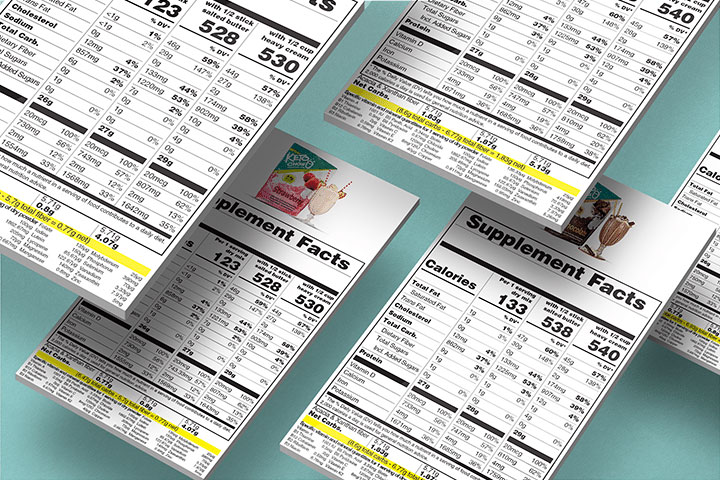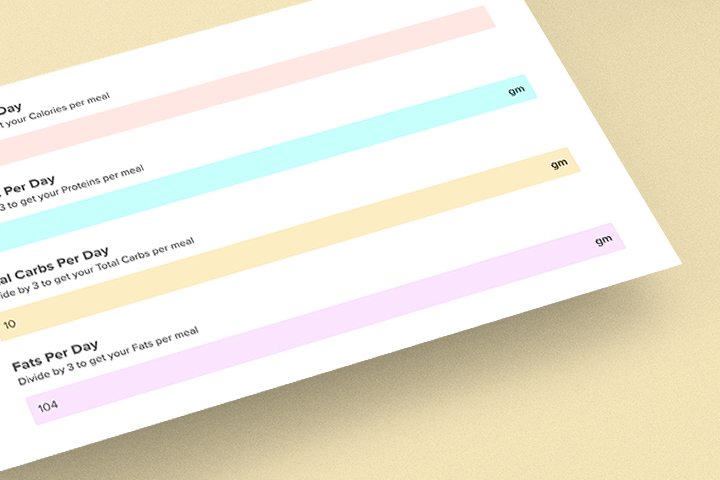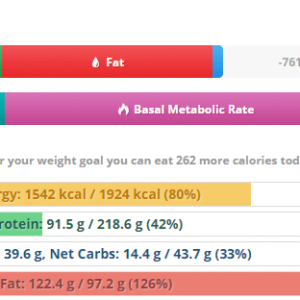You likely won’t spend much time in online keto spaces before hearing talk of the dreaded keto flu, with fellow keto-ers commiserating together, recommending pickle juice and maybe sharing GIFs in solidarity.
But what is the keto flu, and more importantly, how can you avoid it?
What is the keto flu?

Simply put, the “keto flu” is carb withdrawals. It is your body’s way of saying, “I need more electrolytes, please!” (Except…maybe without the “please”…) But what does that actually mean? And why? Let’s get into some more details.
What causes the keto flu?

The keto flu is essentially your body’s reaction to carb withdrawal. But what’s actually going on? Let’s get a bit nerdy for a second here.
When you limit your carb intake, less insulin is needed to regulate glucose in your body. But regulating glucose isn’t the only job that insulin does! It also “affects the absorption and availability of water and electrolytes.”
This means that lower insulin levels can cause your body to lose more water and electrolytes on keto than on a standard carb-y diet. Nutritionist Amy Berger explains it this way: “Insulin has a powerful effect on how the kidneys handle electrolyte minerals, especially sodium. When insulin is elevated, the kidneys retain more sodium and when it’s low, they filter more of it out. Since insulin levels are typically much lower on a keto diet than they are on a high-carb diet, the kidneys get rid of more sodium than usual. This loss of sodium is the main culprit behind the headaches and sluggishness people feel when they’re new to keto.” That explains why getting extra sodium and other electrolytes is the go-to solution!
(That’s why you’ll hear recommendations like pickle juice, adding some salt to your water, or electrolyte drops in so many keto resources.)
What are common symptoms?

Common keto flu symptoms can include headache, brain fog, fatigue, irritability, difficulty sleeping, and more. One important way to differentiate the keto flu from the seasonal flu is a fever. The keto flu does not cause a fever.
If you are at all concerned about your symptoms, speak with your healthcare provider to rule out other potential causes.
When does the keto flu start?

The keto flu is most common when first starting a keto diet. Your body is still getting used to burning fat instead of carbs, and that transition can cause a few hiccups along the way!
Symptoms generally begin between 2-4 days after starting keto. By this time, you are likely in ketosis, but your body is still learning how to use energy in this new way, and may be struggling to keep your electrolytes balanced.
If you’re worried about starting keto because of this, don’t be! Not everyone who experiences the keto flu. Many people don’t go through a rocky adjustment period, and feel great on keto from day one!
How to prevent the keto flu
The best way to prevent the keto flu is to get the electrolytes and hydration you need. Keto Chow offers Electrolyte Drops and Tablets that you can easily add to your favorite flavored drink (or water if you’re fine with the taste). They’re made of various electrolytes that will help your body overcome the keto flu: sodium, magnesium, potassium and trace minerals. You can also reach for foods that naturally rich in sodium and other electrolytes, like cured meats, cheese, and olives.
Want to read more about the keto flu? Checkout this article from Harvard Health Publishing, or this one from Intermountain Healthcare.


